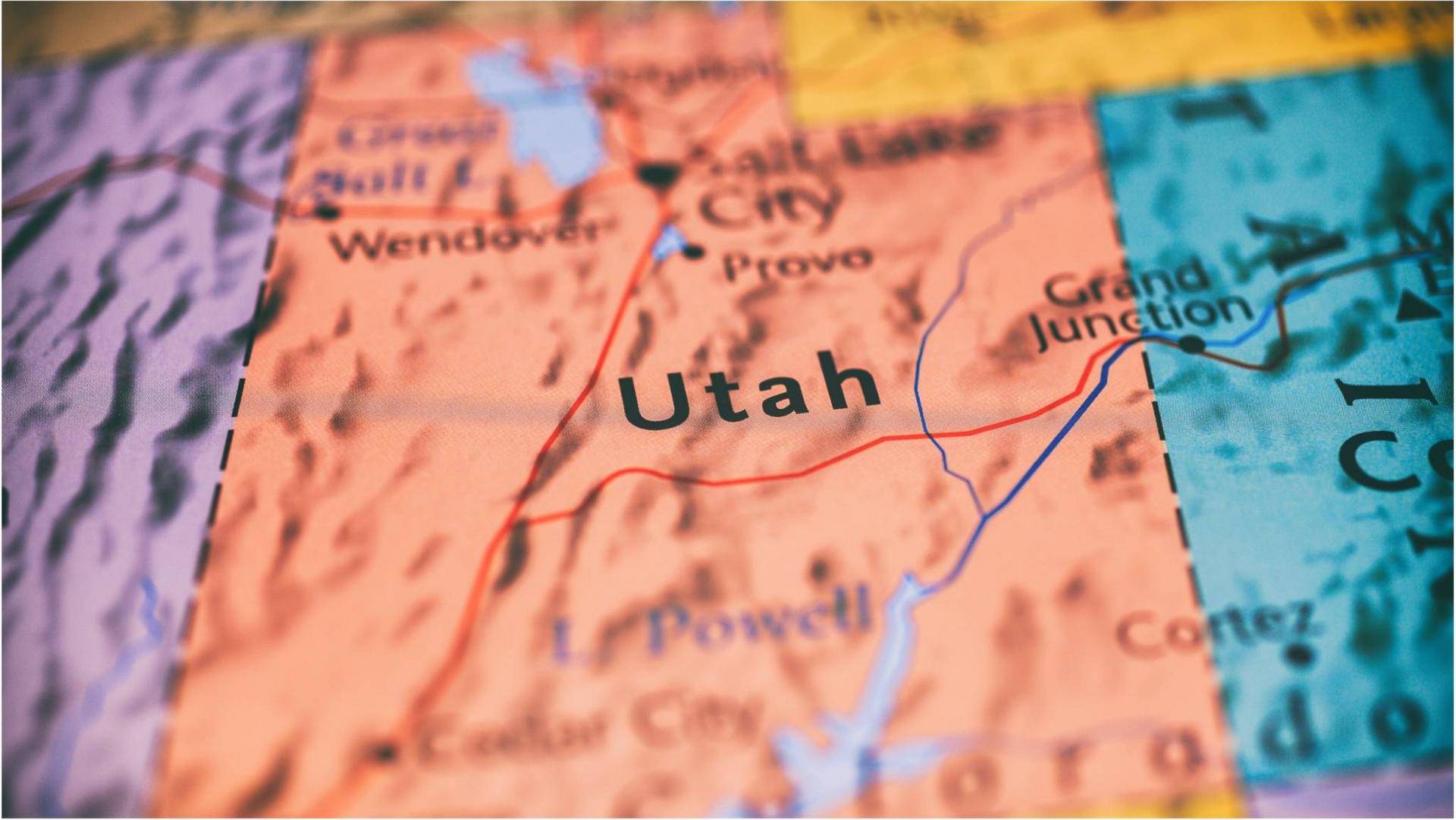By Julene Reese
The Utah State University Utah Women & Leadership Project (UWLP) released a synopsis of research this week that provides significant insight into the status and experiences of women in Utah, comparing Utah’s data to national data. The research is designed to help Utahns identify and change environments where women’s perspectives, representation, and leadership are either underrepresented or missing.
The synopsis provides research in five focus areas for Utah women – community engagement, education, health and well-being, safety and security, and workplace – and includes recommendations. Updates and additions to this research summary will occur quarterly, providing Utah leaders, advocates, businesses, and policymakers with recent data to influence decisions.
“This research summary is truly a gift to the state,” said Susan R. Madsen, founding director of the Utah Women & Leadership Project and one of two report authors. “The report summarizes significant research that provides insight into the status and experiences of women in Utah and provides recommendations for each of the five focus areas.”
U.S. News & World Report in 2023 declared Utah the “Best State Overall,” ranking No. 1 in both economy and fiscal stability categories, boasting scores within the top 10 in three additional categories. WalletHub dubbed Utah the 2023 Most Charitable State, citing high charitable giving and volunteerism levels. Additionally, the Centers for Disease Control reported that Utah has the lowest rate of excessive alcohol use in the nation.
Moreover, Utah has a thriving economy, a commitment to the arts, access to quality higher education, and people ready to share time and resources, yet alarming statistics exist in the state. One in seven Utah children is a victim of sexual abuse; 36.4% of Utah single mothers whose children are under the age of five experience poverty; and one in three Utah women experience some form of domestic violence and sexual assault.
In addition, for the eighth year in a row, in 2023, WalletHub named Utah the worst state in the nation for women’s equality, and the 2020 U.S. Women, Peace, and Security Index placed Utah in the bottom third (36 out of 51), with inclusion, justice, and security indicators all below the national average.
“For more than a decade, the UWLP has been engaged in research, seeking to understand the anomalies described above,” said Madsen. “UWLP scholars, in partnership with scholars from around the state, have researched everything from substance abuse to civic engagement and sexist comments to opportunities for leadership development. There has been growth in some areas, with many more Utah women completing bachelor’s degrees than in 2007 and a slow and steady increase in women’s inclusion on state boards and commissions. Yet in many other ways, there has been little to no progress, and in some circumstances, declines.”
Research continues to show that organizations and entities will increasingly thrive when both men and women hold leadership roles and are provided equitable opportunities and access to resources. Gender inclusivity benefits not only businesses, but also families, churches, state legislatures, city councils, state government and society as a whole.
“To sustain the success of Utah and to make our communities places where children and families thrive, change must occur,” said Kolene Anderson, UWLP associate director and a report author. “Although the needle has moved slightly in a few areas, with its current trajectory, it will take two, three or even four decades to make notable progress. For the benefit of our state, this is a cause all Utahns must rally behind.”
Both report authors emphasize the importance of “A Bolder Way Forward,” a new initiative that invites Utahns to break down the barriers that keep women and girls from thriving. It aims to make immediate, lasting, impactful change. The movement brings together great minds, organizations, and programs and magnifies their impact.
“The idea is that the whole is greater than the sum of the parts, allowing us to accomplish more with the same resources, and I love that,” said Anderson. “For example, when we know that fleeing domestic violence is a contributing factor to homelessness among Utah women, we can get the right people at the table to propose a solution. Even more impactful is when there’s also someone at the table who is an expert in workforce development who proposes working alongside domestic violence and homeless service providers to make job training possible.”
Anderson said businesses, individuals, community and religious leaders, and families can all have a role in “A Bolder Way Forward,” and understanding the research is a great first step.
“We cannot hope things will improve if we are not willing to make bold strides toward positive change for not only Utah women and girls, but for all Utahns,” said Madsen.
Click here to view the full white paper and its recommendations. To learn more about UWLP programs and projects, visit utwomen.org.

